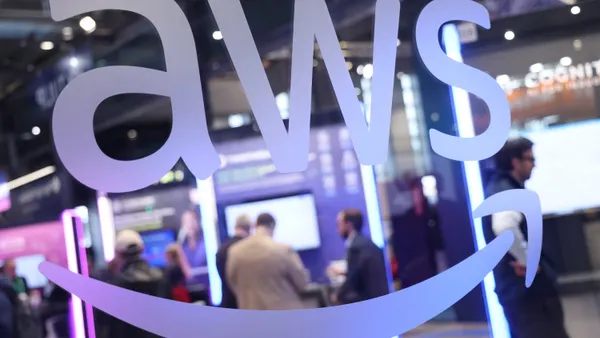Dive Brief:
-
IBM Research announced a machine learning record set by Snap ML, which trained a logistic regression classifier in 91.5 seconds — 46 times faster than the earlier record-holding model, which ran on Google's TensorFlow. IBM's algorithms were powered by POWER9 and Nvidia GPUs.
-
The accomplishment was the result of hardware and software innovations. IBM's ability to more effectively use GPUs, handle sparse data records and minimize communication costs was key to blowing past the previous benchmark by the metric they did, said Haris Pozidis, IBM researcher, in an interview with CIO Dive.
-
Snap ML — named for its ability to train a model faster than snapping one's fingers — has been in the works for IBM Research for the last two years and is distinguished by its distributed training, GPU acceleration and sparse data structures, according to the company.
Dive Insight:
This development makes machine learning applied to large data sets faster, more practical and possible in reasonable amounts of time, according to Pozidis. IBM Research tested the model on a variety of data sets, such as users clicking on adverts, stock volatility, fraud detection and Netflix recommendations.
The advancement brings bragging rights for IBM Research, but the true benefit will be passed down to users in the form of cost savings. Harnessing GPUs more effectively and in a shorter time span will bring down the bills of companies paying premiums for GPUs in the cloud, said Chris Sciacca, communications manager for IBM Research.
In the case of something like advertisement clicks, "even 0.1% better accuracy can lead to increased earning of the order of hundreds of millions of dollars," according to IBM.
The advancement will make ML technology more affordable and accessible for many customers, but it's also important for such advances to be available to customers across platforms.
IBM Research will continue expanding its library and, in the next few months, begin offering its ML capability to customers through the PowerAI portfolio, which is currently available on-prem but will be expanded to the cloud, according to Pozidis.
In the meantime, IBM will be setting up pilot projects with various companies to leverage the ML technology in action.













